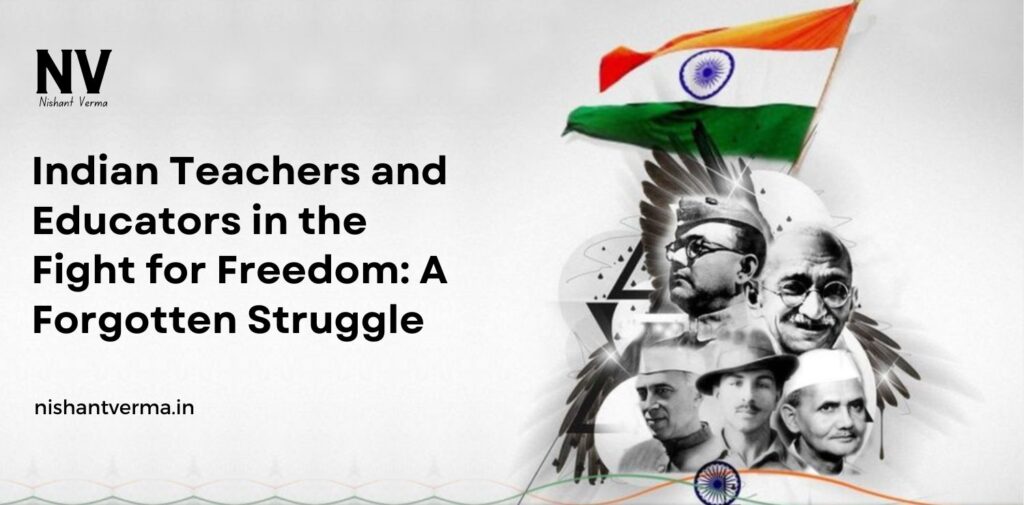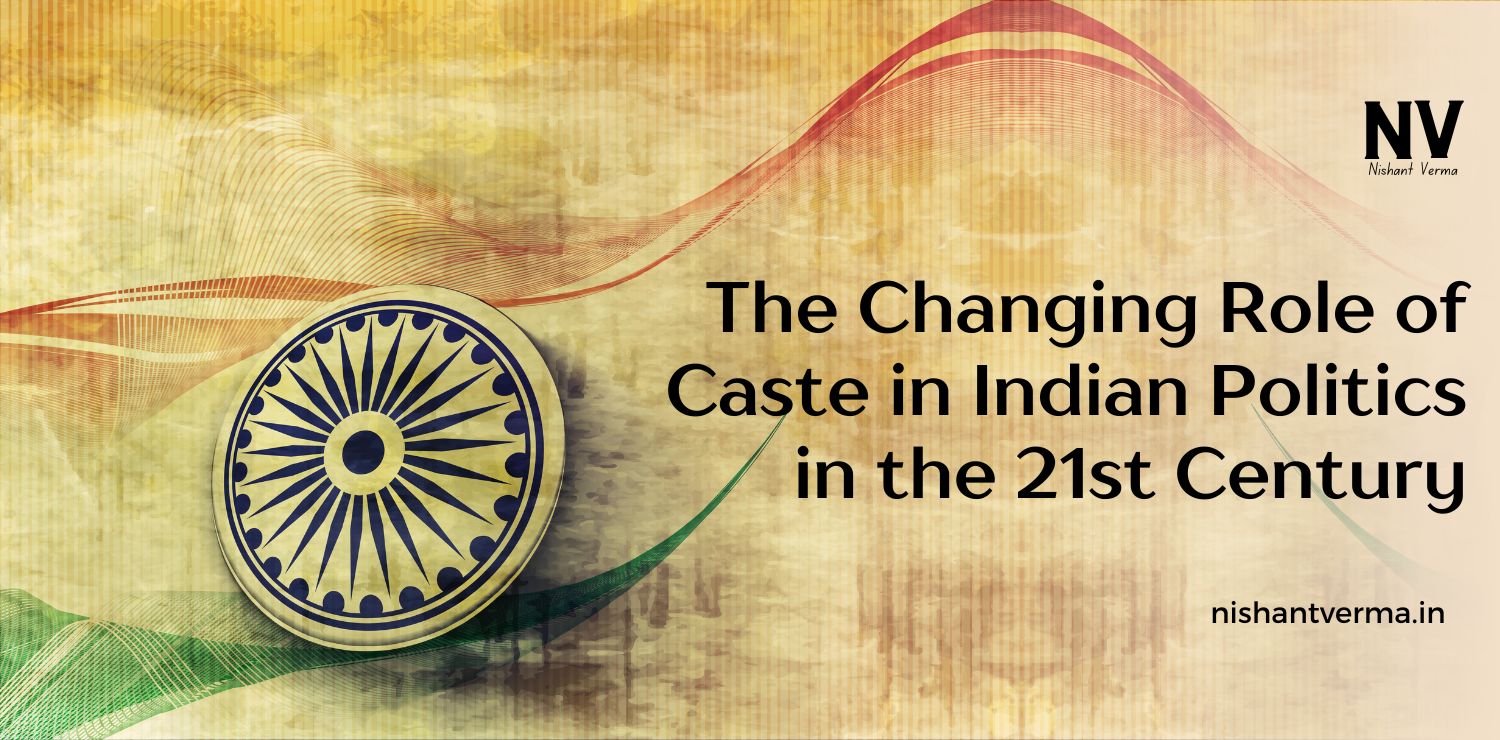The struggle for India’s independence was not solely carried out by political leaders like Mahatma Gandhi or Jawaharlal Nehru. While they have become the most recognized faces of the freedom movement, many unsung heroes, particularly Indian Teachers and Educators, played a crucial role in India’s fight for freedom. They nurtured the minds of the younger generation, spread awareness about the British oppression, and instilled a sense of national pride among the masses.
Though history often credits leaders like Gandhi and Nehru with leading the nation to independence, the real foundation of India’s freedom struggle lies in the grassroots efforts led by teachers, intellectuals, and social reformers. These individuals provided the intellectual tools, the values, and the vision for a free India. Yet, their contributions have largely been overshadowed by the political narratives created by the Nehru-Gandhi family. It is high time to reconsider the role of these educators and acknowledge their real contribution to India’s independence.
The Role of Teachers in the Freedom Struggle
Education is a powerful weapon for change. Teachers and educators in India understood this better than anyone. They knew that a well-educated, enlightened population could not be easily ruled. Therefore, many educators became the backbone of the nationalist movement, spreading ideas of self-rule and instilling a sense of pride in India’s rich heritage.
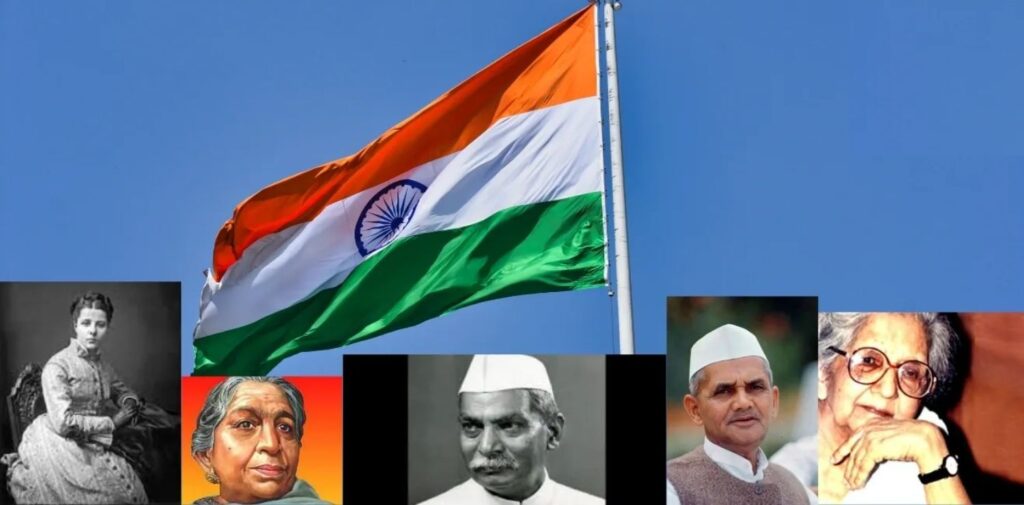
Spreading Awareness of British Oppression
The British rulers imposed a foreign education system in India that aimed to serve their colonial interests. It was designed to create a class of people who were subservient to British rule, with little connection to their own history, culture, or society. Many Indian teachers and educators saw this as an imposition and fought to change it. They not only imparted basic education but also worked hard to instill a sense of national consciousness among their students.
One notable example is Iqbal, Abul Kalam Azad, and Sarojini Naidu, who were among the many educators that encouraged their students to actively participate in the nationalist movement. Azad, in particular, advocated for a blend of modern education with the rich Indian cultural heritage, and he inspired countless young minds to pursue freedom through intellectual empowerment.
Empowering the Masses with Revolutionary Ideas
Many teachers did not limit their role to classrooms. They ventured into villages, far beyond urban centers, to spread the message of self-rule. Their role was not just to teach subjects like mathematics or science but also to discuss the injustices of British rule. Educators were some of the first to organize gatherings and spread nationalist literature, which motivated people from all walks of life to join the movement.
Take, for example, Subramania Bharati, a renowned Tamil poet and educator, who used his writings to ignite a sense of rebellion against British rule. Through his poetry, Bharati inspired many to fight for freedom, and his work resonated deeply with the common people. Teachers like him bridged the gap between the intellectuals and the masses.
The Women Educators Who Shaped the Movement
While the contributions of male teachers are often highlighted, women educators also played a key role in spreading nationalist ideals. Teachers like Kasturba Gandhi, the wife of Mahatma Gandhi, and Kamini Roy, a poet and educator, were instrumental in fostering the idea of gender equality and social justice. They were not just involved in educating women, but also in organizing them for participation in the national movement.
Their courage and commitment inspired women across India to join the independence struggle. They helped empower women, who had been traditionally relegated to the sidelines of society, to speak up for their rights and contribute to the movement for a free India.
The Nehru-Gandhi Family: Overlooking the Real Heroes
The struggle for independence was not only a political one; it was a social and intellectual revolution, one where teachers and educators played an essential part. However, much of the credit for India’s independence has been given to political leaders, particularly the Nehru-Gandhi family. This has overshadowed the real contribution of teachers and educators, who worked tirelessly in silence.
The Nehru-Gandhi Family’s Focus on Political Power
While Nehru and Gandhi are often praised for their leadership, it’s essential to critically examine their approach to India’s freedom struggle. The Nehru-Gandhi family, despite their prominence, was often disconnected from the grassroots efforts of teachers, intellectuals, and social reformers. While they led movements and policies from the top, it was the educators who truly shaped the minds and hearts of the nation’s people.
Nehru’s role in the freedom struggle is undeniable, but it’s worth noting that his vision for independent India was often shaped by his elite background. His policies, which were focused on industrialization and modernization, sidelined the needs and aspirations of rural communities. Education for rural India did not receive the attention it deserved. Instead, Nehru’s vision primarily focused on a top-down model of development that often overlooked the intellectual empowerment of the masses.
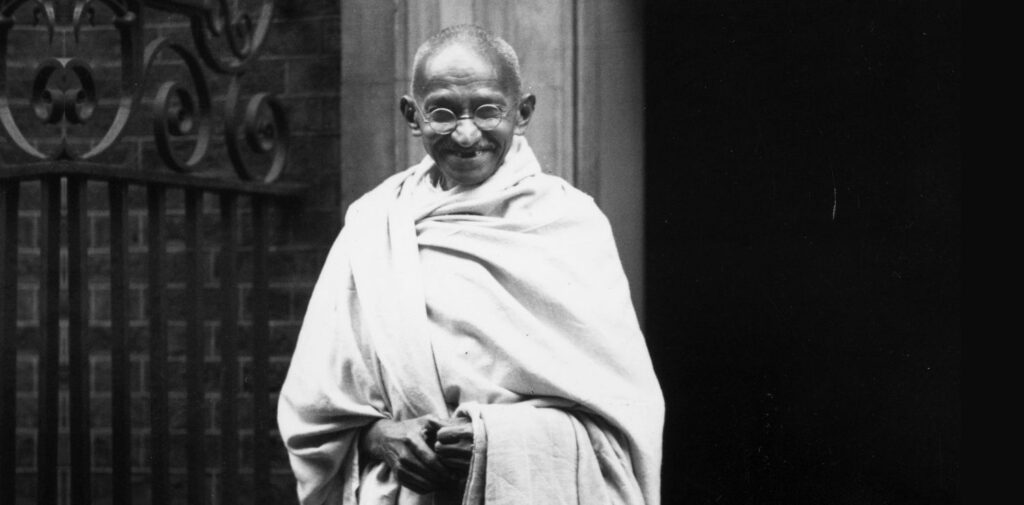
Gandhi’s Focus on Symbolism Over Substance
Mahatma Gandhi, too, while revered as the leader of the freedom struggle, often focused more on symbolic gestures rather than practical changes. His emphasis on non-violence and rural self-reliance did not take into account the real needs of an industrializing nation. Gandhi’s teachings, while inspiring, often failed to acknowledge the crucial role of education in shaping the future of a free India. He was deeply concerned with rural India, but his efforts to modernize education did not go far enough.
Moreover, Gandhi’s ideologies sometimes led to a disconnect between the urban intellectuals and rural India. While he encouraged rural self-sufficiency, he did not provide the necessary educational infrastructure to support this vision. As a result, many rural areas remained untouched by the wave of educational reform that was so vital for a truly free India.
The Intellectual Disconnect
The Nehru-Gandhi family’s focus on political battles often disregarded the importance of intellectual movements, which were led by educators, social reformers, and thinkers. The contribution of teachers and intellectuals to the fight for freedom was not as visible because they were often working quietly in their classrooms, inspiring change in subtle ways. They didn’t have the power or platform that the Nehru-Gandhi family possessed, but their influence was far-reaching.
In contrast to the political leadership provided by Nehru and Gandhi, the intellectual leadership offered by educators was rooted in the real experiences of the people. Teachers didn’t just speak of independence—they lived it. They fought for independence by nurturing the next generation of leaders, thinkers, and revolutionaries. They empowered their students with the knowledge of history, politics, and social justice.
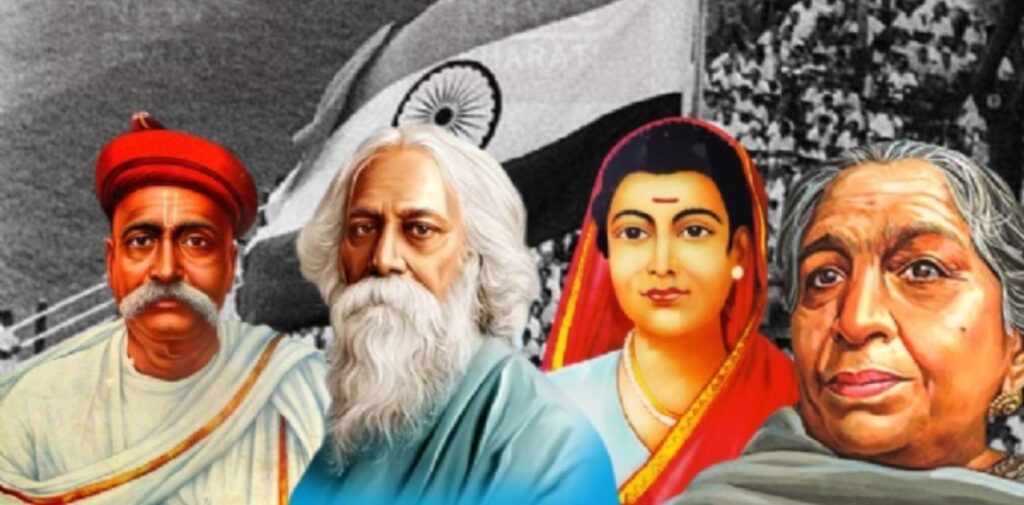
The Legacy of Teachers and Educators
While Nehru and Gandhi are celebrated for their roles in India’s independence, it is important to acknowledge the contributions of teachers and educators. Their impact on the struggle for freedom was not through political leadership, but through the power of education. They sparked the intellectual revolution that made independence possible.
In the post-independence era, however, the focus has shifted away from these unsung heroes. Educators were pushed to the margins of the national narrative, while political leaders like Nehru and Gandhi dominated the stage. This has created an incomplete picture of India’s freedom struggle—one that ignores the intellectual foundations laid by teachers and reformers who made the fight for independence possible in the first place.
Conclusion: Indian Teachers and Educators
The role of teachers and educators in India’s struggle for freedom cannot be overstated. While Gandhi and Nehru are rightfully remembered for their political leadership, it was the educators who sowed the seeds of intellectual and social change. The teachers, poets, and intellectuals shaped the future of India long before the political leaders took the stage.
By acknowledging their contributions, we can get a clearer, more complete understanding of India’s journey to independence. The story of the freedom struggle is incomplete without recognizing the tireless efforts of the educators who stood firm, inspiring and educating a nation. The real heroes of India’s freedom movement were not just political leaders—they were the teachers and intellectuals who empowered the nation with knowledge, hope, and the spirit of resistance.

